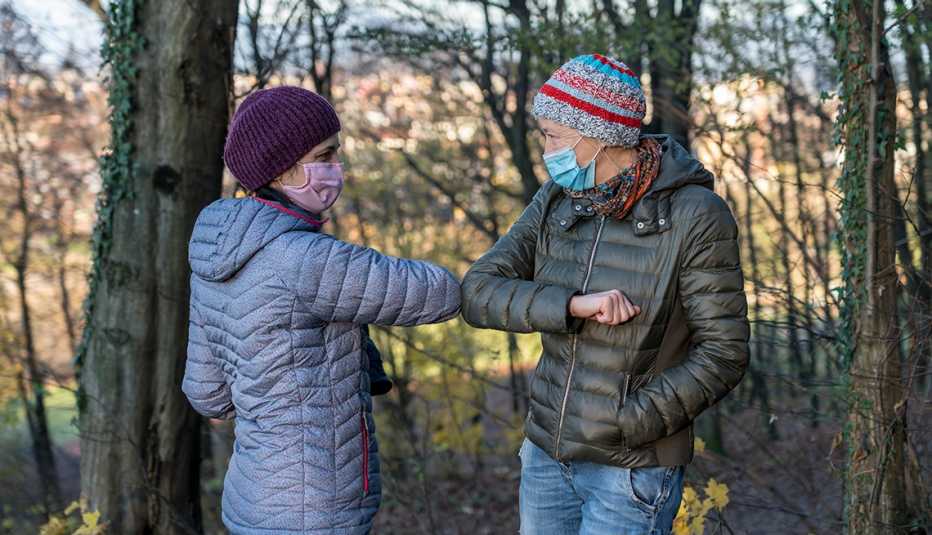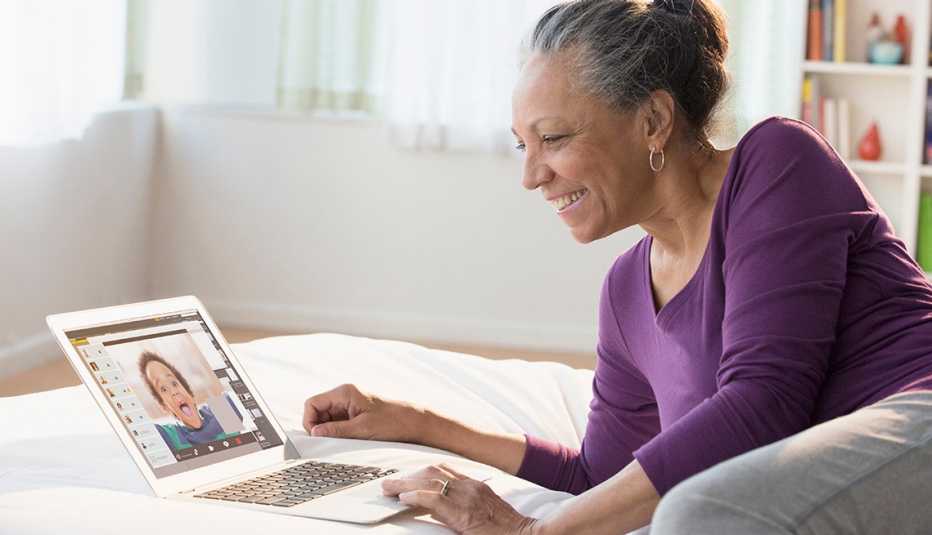AARP Hearing Center
Older Americans across the country have been staying home as COVID-19 cases spread, but staying away from crowds doesn't have to keep them from planting seedlings or pruning rose bushes.
Even as more states issue stay-at-home orders, at least one plant nursery chain reports that older adults are busy shopping for tomatoes and peppers as if inspired by the famous victory gardens of both world wars.
In fact, health experts encourage older adults to garden in order to get exercise and reduce stress. Interpreting stay-at-home restrictions as staying on the couch could cause an absence of activity that is unhealthy.
They should continue with gardening and other outdoor activities, as long as they practice social distancing, a spokesman for the California Department of Public Health in Sacramento said in email.
"They could lose muscle function, and they could lose physical function,” says Elsa S. Strotmeyer, associate professor at the University of Pittsburgh's Center for Aging and Population in the Graduate School of Public Health.
Pick your garden
So, as springtime temperatures warm much of the nation, older adults can choose a variety of garden styles:
- Back or front yards large enough for large tomato plants, fruit trees or climbing roses
- Pots on porches or patios for smaller fruits, vegetables and flowers
- Window boxes, often popular for herbs
- Community gardens
Yet the reality of the coronavirus epidemic has penetrated even communal gardens, including Garden City Harvest's operations in Missoula, Montana, where gardeners must stay at least 6 feet apart and wear gloves, with only one gardener at a time allowed in the shed, according to its website.
For seniors, becoming infected with this new strain of coronavirus is especially significant. Older adults may be at higher risk for more serious complications, according to the federal Centers for Disease Control and Prevention (CDC) in Atlanta.
That risk might rise even higher for those with underlying health problems, such as diabetes and heart disease. So far, 8 out of 10 deaths reported in the United States have been among those 65 and older, the CDC reports.
That fact alone can cause anxiety. Gardeners have long called their work a stress reliever, and a number of scientific studies support them.
Gardening was found to reduce stress-related cortisol in a well-known 2011 study in the Netherlands. And a 2018 article in the London-based journal of England's Royal College of Physicians commended gardening's mental and physical benefits, citing 81 studies.
"Health professionals should therefore encourage their patients to make use of green space and to work in gardens,” the article states.







































































